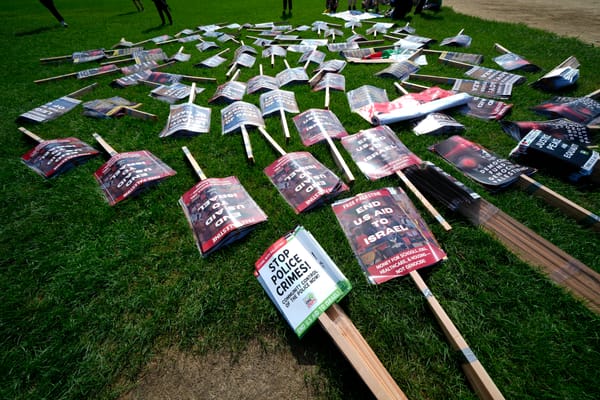In the lead-up to the Democratic National Convention, political commentators frequently pointed out echoes of 1968. Such comparisons ranged from the superficial to the askew and the starry-eyed. The DNC was indeed held in Chicago yet again. And an assassination attempt was made on a major party candidate. But whereas Sirhan Sirhan succeeded in taking out Robert F. Kennedy—seen as the likely nominee for the Democratic ticket in 1968—Thomas Matthew Crooks targeted Donald Trump, the Republican nominee, ultimately falling just short of taking the former president’s life and changing the course of history.
After Biden had his 11th-hour “LBJ moment” last month, stepping aside in the face of cratering popularity, the Democratic Party easily avoided the kind of chaos that marked the 1968 nomination process. Democrats, who had been prepared to march lockstep with Biden into nearly certain electoral defeat, quickly coalesced around Vice President Kamala Harris.
The most salient parallels to 1968 rested on racial turmoil and intra-party divisions over the sitting administration’s support for a divisive foreign war. But again, the analogies don’t quite hold. The 1968 convention came on the heels of years of intense racial unrest that marked the civil-rights era. The assassination of Martin Luther King Jr. and the ensuing riots in Chicago (and elsewhere) were still fresh on the mind of party bosses as they gathered in the city’s “smoke-filled rooms” to choose a nominee.
